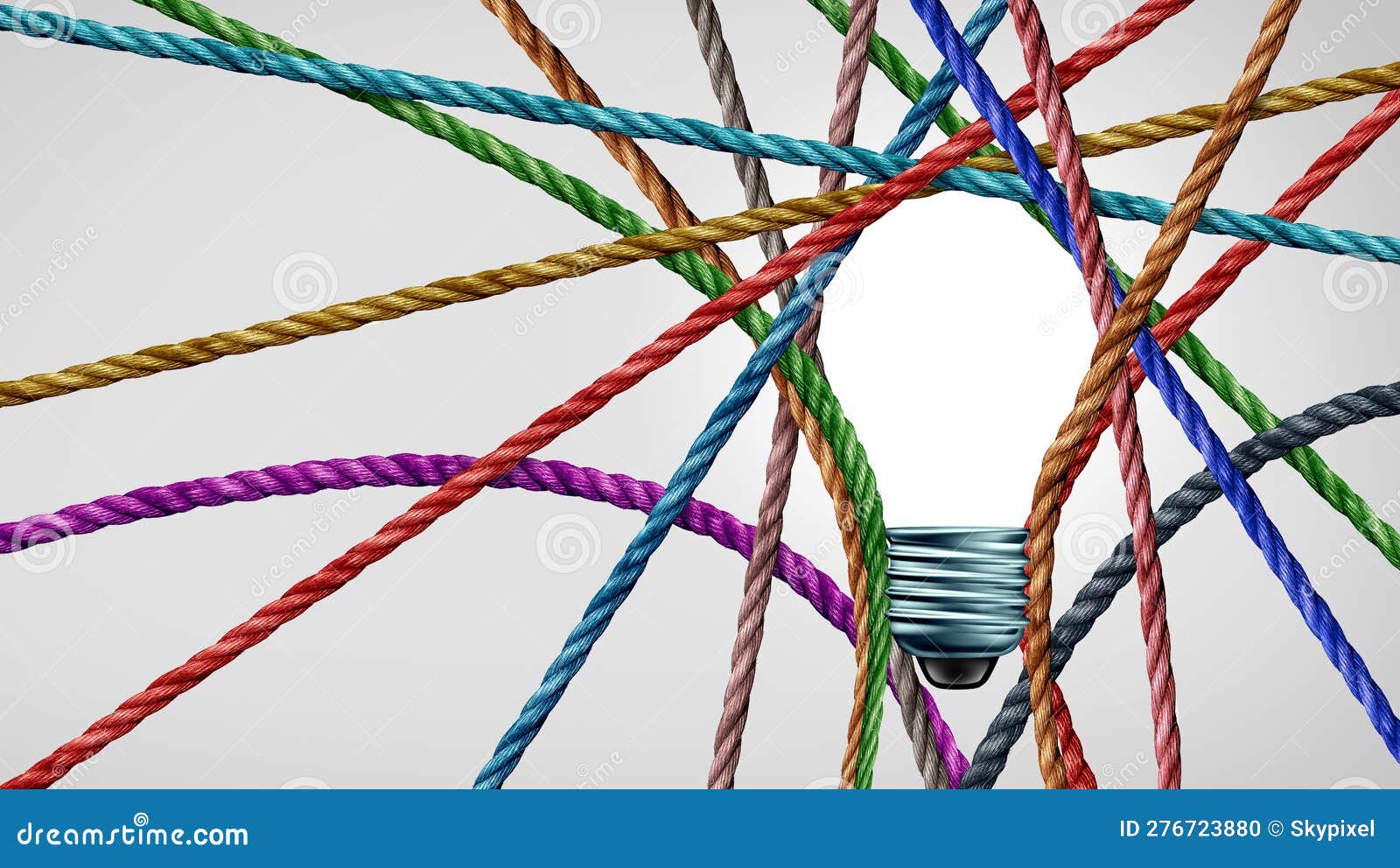Unlock Insights: Exploring Diverse Perspectives Today!
Do we truly appreciate the kaleidoscope of knowledge available to us? Exploring diverse topics is no longer a luxury but a necessity for navigating an increasingly complex world.
Consider the power of a leader who not only directs but also actively listens. A leaders ability to understand their teams perspectives is crucial, transforming the workplace into a collaborative ecosystem. This habit ensures that leaders make more informed decisions and effectively address team members concerns and ideas. Its about more than just hearing; its about truly understanding and valuing the diverse viewpoints that contribute to a teams success.
| Category | Information |
|---|---|
| Key Trait | Effective Listening & Understanding |
| Benefit | Informed Decision-Making, Enhanced Team Collaboration |
| Reference | MindTools: Active Listening |
Synergize synergy is about combining the strengths of team members to achieve results that could not be attained individually. Its the principle that the whole is greater than the sum of its parts. In a world often obsessed with individual achievement, the power of collective intelligence and collaborative effort is frequently underestimated. When individuals from diverse backgrounds and skill sets unite, they bring unique perspectives and abilities to the table, fostering innovation and problem-solving that would be impossible alone.
We often encounter messages stating, "We would like to show you a description here, but the site wont allow us." This digital gatekeeping highlights the limitations and frustrations of accessing information online. Sometimes, the full picture remains just out of reach, obscured by technical constraints or content restrictions.
Imagine a nursing student grappling with the concept of culture. Study with Quizlet and memorize flashcards containing terms like a nurse is seeking to learn more about the concept of culture and asks the nurse manager about sources. When responding to the nurse, the nurse manager would include which discipline as the basis for study? The emergency department nurse is caring for a client injured in a motor vehicle collision. This scenario underscores the critical role of cultural competence in healthcare, where understanding diverse backgrounds and beliefs is essential for providing effective and compassionate care.
Organization is key to effective problem-solving. We grouped our ideas according to location and time frames. This structured approach allows for a systematic analysis of complex issues, breaking them down into manageable components and identifying patterns and trends. Whether it's mapping out project milestones or analyzing historical data, organizing information by location and time frame provides a clear framework for understanding and decision-making.
Navigating the vast landscape of online research requires a strategic approach. For a proper search, first, choose a country of your interestit can be the USA, for instance. Then, decide on the period that your assignment requires. After that, go to the corresponding section and explore the relevant resources. This targeted methodology ensures that you efficiently gather the information you need, avoiding the pitfalls of aimless browsing and irrelevant results.
From the pages of young children: Research on how culture affects learning. This observation highlights the formative impact of culture on cognitive development and educational outcomes. Understanding how cultural factors influence learning styles, communication patterns, and academic performance is crucial for creating inclusive and effective educational environments.
For more examples of how culture affects learning, check out Diverse Children, Uniform Standards: Using Early Learning and Development Standards in Multicultural Classrooms in the November 2019 issue of Young Children. This resource provides valuable insights into the challenges and opportunities of educating diverse learners, offering practical strategies for bridging cultural gaps and fostering academic success for all students.
Mental well-being is paramount. Learn more about gender and take a mental health test to see if youre experiencing symptoms of a mental health condition. Self-awareness and proactive measures are essential for maintaining psychological health and addressing any underlying issues. Seeking support and guidance is a sign of strength, not weakness, and can make a significant difference in one's overall quality of life.
Working in small groups and with diverse groups of people is one of the most enrichingand sometimes one of the most challengingaspects of a business environment. The dynamics of collaboration can be complex, requiring effective communication, conflict resolution skills, and a willingness to embrace different perspectives. However, the rewards of successful teamwork are immeasurable, leading to innovation, creativity, and shared success.
In this chapter, we'll explore ways that you can get the most out of your experience working with and learning from others. This is a journey of self-discovery and interpersonal growth, equipping individuals with the tools and techniques to navigate the complexities of teamwork and build strong, collaborative relationships. It's about harnessing the power of diversity and transforming challenges into opportunities for learning and development.
Effective communication starts with a clear agenda. Discover how to craft a targeted agenda and pinpoint crucial topics. A well-defined agenda serves as a roadmap for productive discussions, ensuring that all participants are on the same page and that the most important issues are addressed. It's about setting expectations, prioritizing objectives, and maximizing the use of everyone's time and energy.
Success hinges on well-defined goals. Learn how to define goals that are actionable, measurable, and aligned with success criteria. Setting SMART (Specific, Measurable, Achievable, Relevant, Time-bound) goals provides a clear path to success, enabling individuals and teams to track progress, stay motivated, and achieve desired outcomes. It's about turning aspirations into concrete plans and taking purposeful steps towards realization.
Preparation sets the stage for a productive session. Whether it's a meeting, a presentation, or a negotiation, thorough preparation is essential for achieving desired results. This involves gathering relevant information, anticipating potential challenges, and developing a clear strategy. It's about being proactive, confident, and ready to seize opportunities.
Members leaving such communities (Wang et al., 2012), especially when members get confused in the learning process. This phenomenon underscores the importance of providing adequate support and guidance to individuals navigating complex learning environments. When learners feel lost or overwhelmed, they are more likely to disengage and drop out, hindering their progress and undermining their potential.
To be more successful, MOOCs require new interventions to provide confused students with feedback, interaction, and even instructor interventions (Ramesh et al., 2013). This highlights the need for personalized learning experiences that cater to the individual needs and challenges of each student. Providing timely and relevant feedback, fostering interaction among learners, and offering direct support from instructors can significantly enhance engagement, motivation, and academic success.
This research paper investigates the benefits of integrating multimodal literacy into English teaching practices. This innovative approach recognizes that literacy extends beyond traditional reading and writing to encompass a wide range of communication modes, including visual, auditory, and kinesthetic. By incorporating multimodal elements into the curriculum, educators can cater to diverse learning styles, enhance engagement, and promote deeper understanding.
Multimodal literacy refers to the ability to comprehend and create meaning using various forms of communication. It empowers individuals to navigate the complex and ever-evolving landscape of digital media, enabling them to critically analyze information, express themselves creatively, and participate fully in a globalized society. Its about equipping learners with the skills and knowledge they need to thrive in the 21st century.
We often encounter messages stating, "We would like to show you a description here, but the site wont allow us." This digital barrier underscores the challenges of accessing information in a world increasingly reliant on online content. It highlights the importance of ensuring equitable access to information and addressing the technical and policy barriers that prevent individuals from fully engaging with the digital world.
They cant compete with community: How one Oklahoma composter is building alternatives to big waste. This statement embodies the power of local initiatives to challenge dominant systems and create sustainable solutions. By focusing on community-based approaches, entrepreneurs can foster resilience, promote environmental stewardship, and build a more equitable and just society.
On the latest episode of the Composting for Community podcast, Terry Craghead, founder and CEO of Fertile Ground Cooperative, joins ILSRs host Jordan Ashby to share how Fertile Ground went from competing on big wastes terms to creating a new set of terms altogether to grow a local, sustainable composting operation. This story exemplifies the transformative potential of grassroots movements to disrupt established industries and create positive change.
Given their stability, their ability to influence public attitudes, and their capacity to mobilize human resources, it seems likely that many faith communities can have a significant impact on the well-being of people living with dementia (PLWD) and their carers, who may be dependent on the commitment of informal communities of support over months or years. This highlights the crucial role of faith-based organizations in providing social support, practical assistance, and spiritual comfort to vulnerable populations.
The results of categorizing the extracted topics based on six areas of smart cities [75] are listed in Table 6. This systematic analysis provides valuable insights into the priorities and challenges of developing sustainable and livable urban environments.
Consistent with previous research, topics related to smart mobility (e.g., fog and edge computing, object detection, blockchain, sensors, IoT, and attack detection) were the most common, followed by smart environment and smart living. This indicates a growing focus on leveraging technology to improve transportation systems, reduce environmental impact, and enhance the quality of life for urban residents.
The paper investigates the effectiveness of different environments for language acquisition, specifically through study abroad programs, service learning abroad, and foreign language housing. This comparative analysis provides valuable insights into the factors that contribute to successful language learning, highlighting the importance of immersion, experiential learning, and cultural exposure.
Again, we are confronted with the frustrating message: "We would like to show you a description here, but the site wont allow us." This recurring limitation underscores the need for greater transparency and accessibility in the digital realm. It also highlights the importance of seeking alternative sources of information and advocating for policies that promote open access.
The authors provide an overview of some of the major learning theories, followed by specific ideas and advice for applying the theory to reference and library instruction. This resource equips educators with the knowledge and tools they need to design effective learning experiences that cater to diverse learning styles and promote deeper understanding.
Learning and motivation in the postsecondary classroom are inextricably linked. Creating engaging and stimulating learning environments is essential for fostering student motivation, promoting active participation, and maximizing academic success. This involves incorporating diverse teaching methods, providing personalized feedback, and creating opportunities for collaboration and critical thinking.
Exploring multiple topics and stories allows us to gain diverse perspectives, expand our understanding, and connect with a variety of ideas. This intellectual curiosity enriches our lives, broadens our horizons, and fosters empathy and understanding for others. It's about embracing the complexity of the world and seeking knowledge from a variety of sources.
Whether its through articles, books, or discussions, diving into varied subjects enriches our lives. Engaging with new ideas, challenging our assumptions, and expanding our knowledge base is essential for personal growth and intellectual fulfillment. Its about cultivating a lifelong love of learning and embracing the endless possibilities of discovery.
Embrace the diversity of your classroom by differentiating your instruction to meet the unique needs of all learners. This inclusive approach recognizes that every student learns differently and that educators must tailor their teaching methods to cater to individual learning styles, strengths, and challenges. It's about creating a supportive and equitable learning environment where all students can thrive.
Provide students with choices in how they learn, demonstrate their understanding, and receive feedback. This student-centered approach empowers learners to take ownership of their education, fostering intrinsic motivation, and promoting deeper understanding. It's about recognizing the unique talents and interests of each student and providing them with the tools and resources they need to succeed.
To further enhance your understanding of this approach: Learn more about differentiated instruction.
Exploring multiple stories broadens your view and challenges preconceived notions. This exposure to diverse narratives fosters empathy, critical thinking, and a more nuanced understanding of the world. Its about stepping outside of your own experiences and perspectives and engaging with the stories of others.
Different perspectives offer context, revealing how cultural, historical, and individual factors shape the narrative. This understanding is essential for interpreting information accurately, identifying biases, and developing a more comprehensive worldview. Its about recognizing the complexity of human experience and appreciating the diverse factors that influence individual lives.
By recognizing various viewpoints, you develop empathy, connecting with the experiences of others. This emotional connection fosters compassion, understanding, and a greater appreciation for the diversity of human experience. Its about building bridges across cultures and communities and promoting a more inclusive and harmonious world.
By engaging with your own thoughts and beliefs on these important topics, youll be better equipped to recognize and challenge implicit biases, have more meaningful conversations with others, and become a powerful advocate for diversity and inclusion. This self-reflection is essential for personal growth and for creating a more equitable and just society. Its about acknowledging our own biases and working to overcome them.
When individuals explore diverse interests and learn about different cultures, traditions, and perspectives, they can break down stereotypes, biases, and misconceptions. This expanded worldview fosters tolerance, respect, and a deeper understanding of the interconnectedness of humanity. Its about challenging our own assumptions and embracing the richness and diversity of human experience.
This leads to a more tolerant and inclusive society where people respect and embrace diversity. This is a world where differences are celebrated, where everyone feels valued and respected, and where everyone has the opportunity to reach their full potential. Its about creating a society where justice and equality prevail.
Colleges and universities are places where students can be free to explore new ideas, connect with diverse groups of people, and learn how to thoughtfully listen and understand differing perspectiveseven if their own worldview is being challenged. These institutions play a crucial role in fostering intellectual curiosity, critical thinking, and civic engagement. They are places where students can develop the skills and knowledge they need to become informed and responsible citizens.
Whether its technology, lifestyle, health, or travel, stories create a connection that helps us absorb knowledge more effectively. This narrative approach leverages the power of storytelling to engage emotions, spark curiosity, and make complex information more accessible and memorable. Its about connecting with audiences on a personal level and inspiring them to learn and grow.
This article dives into the significance of diverse topics, highlights multiple engaging []. This exploration provides readers with a wide range of perspectives, insights, and resources to expand their knowledge, challenge their assumptions, and enrich their lives.

Diverse Confused People Doubt, Think Stock Illustration Illustration

Group Of Thinking, Indecisive And Confused Flat People With Questions

Confusion, frustration or decision making, mess, dilemma or complicated